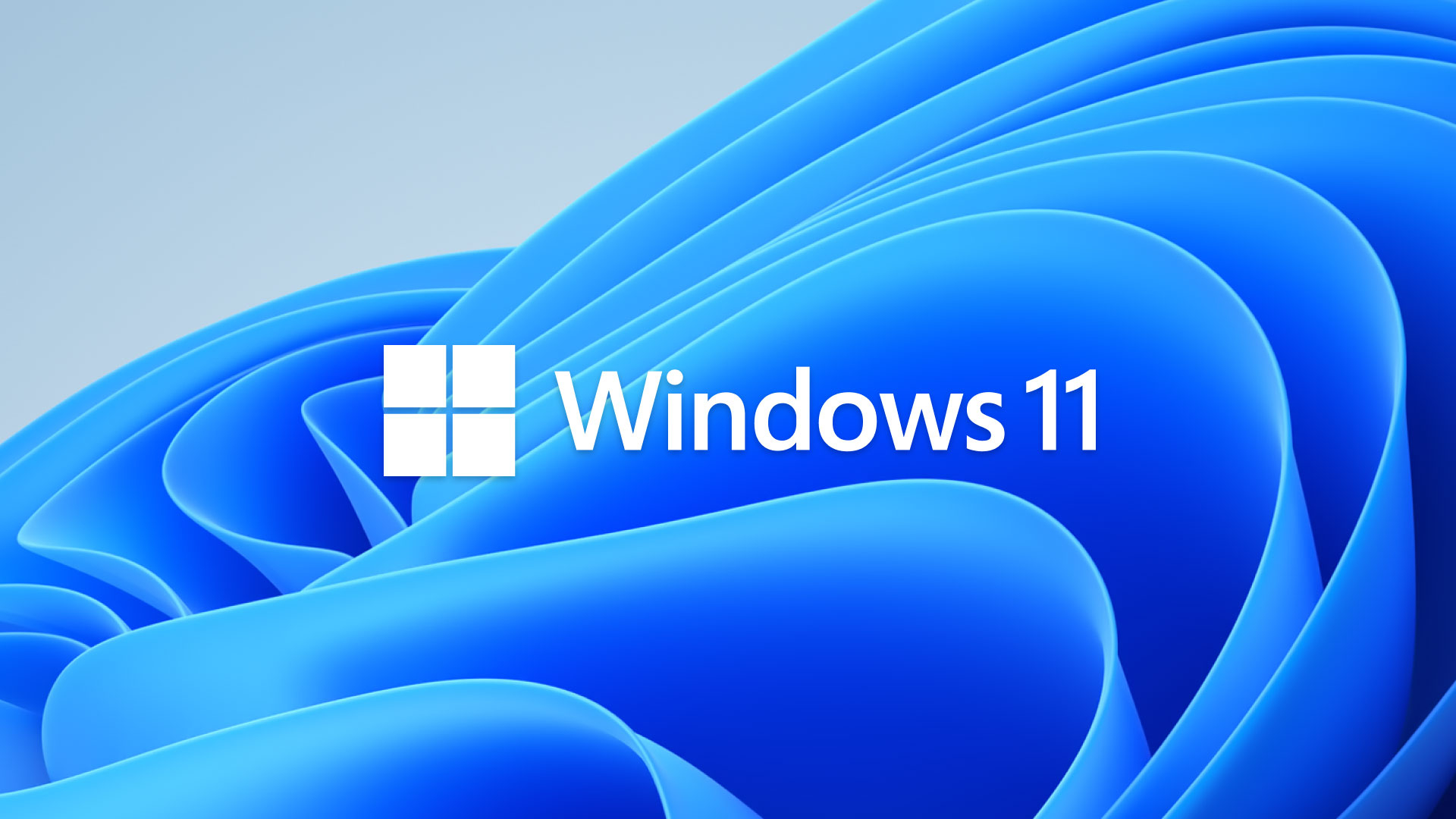Windows 11 gets quantum-hardened cryptography technology
Microsoft is already preparing Windows 11 for future quantum computer attacks

Get Tom's Hardware's best news and in-depth reviews, straight to your inbox.
You are now subscribed
Your newsletter sign-up was successful
Microsoft is preparing Windows 11 against the next major cybersecurity threat: quantum computers. In a blog post, Microsoft announced that Windows 11 Canary build 27852 and higher now support post-quantum cryptography, through PQC algorithms, allegedly securing them against quantum computers' unmatched crypto hacking power (against traditional crypto algorithms).
Specifically, Microsoft has upgraded SymCrypt (Microsoft's cryptographic library) to support ML-KEM, and ML-DSA (on top of PQC) through its Cryptography API: Next Generation libraries and certificate and cryptographic messaging functions.
ML-KEM is aimed at helping secure keys against the "harvest now, decrypt later" threat. That's a threat where attackers focus on collecting targeted data today, then store it and wait for quantum computers to become fast enough to break the encryption on the targeted data in the future.
ML-DSA is designed for scenarios that require verification of identity, as well as maintaining the integrity of digital signatures.
PQC (post-quantum cryptography) algorithms are designed specifically to counter attacks from quantum computers, using mathematical equations that are allegedly difficult for both classical and quantum computers to tackle. However, these algorithms are much more demanding on hardware, allegedly requiring larger key sizes, longer compute times, and more bandwidth than classical cryptography algorithms.
Microsoft states that NIST meticulously chose QPC algorithms for its high security, performance, and compatibility. Not only is PQC being used by Microsoft, but it is also being implemented within multiple industry standards such as TLS, SSH, and IPSec, which will turn it into a mainstream security counter against quantum computers.
SymCrypt is Microsoft's main cryptographic library and is used in a variety of its outgoing services and operating systems, from Microsoft 365 and Azure to Windows 11 and Windows Server 2025. SymCrypt provides security for email security, cloud storage, web browsing, and more.
Get Tom's Hardware's best news and in-depth reviews, straight to your inbox.
With PQC embedded into SymCrypt, Microsoft is preparing its entire ecosystem of Windows operating systems and other products against future attacks from quantum computers. For now, this tech is being tested in Windows 11 with the aforementioned 27852 Canary build (or newer), but PQC will also be coming to Linux in the near future. Microsoft did not say if or when BitLocker might get a PQC update, but due to its complexity and hardware demands, don't expect it to arrive anytime soon.
Attacks from quantum computers are a real threat. Last year, Chinese researchers successfully cracked military grade encryption with a D-Wave quantum computer. This attack was done as a test, but nonetheless, it shows that quantum computers already have enough computing power to crack some of the most complex classical cryptography in the world. This threat will only get more prominent in the future as quantum computers develop and go mainstream.
Follow Tom's Hardware on Google News to get our up-to-date news, analysis, and reviews in your feeds. Make sure to click the Follow button.

Aaron Klotz is a contributing writer for Tom’s Hardware, covering news related to computer hardware such as CPUs, and graphics cards.
-
JohnyFin I am sceptic for quantum computers tech. It Looks like everybody create them on many levels qubits but still nobody understand this fenomena and how they works! Is like Master Voice story by Stanislaw Lem. Still these "computers" are useless and is chance that this is death end way. All predictions for quantum tech are theoretical.:ROFLMAO: :ROFLMAO: :ROFLMAO: :ROFLMAO: :geek:Reply -
ttquantia Yes, true. Despite lots of hype around QC, they don't make the majority of hard (NP-complete or harder) much easier, with a theoretical improvement, but almost certainly still losing really badly against practical implementations of classical algorithms for almost all practical problems. Interesting basic research for some physicists, for sure, but no real world killer applications in sight.Reply